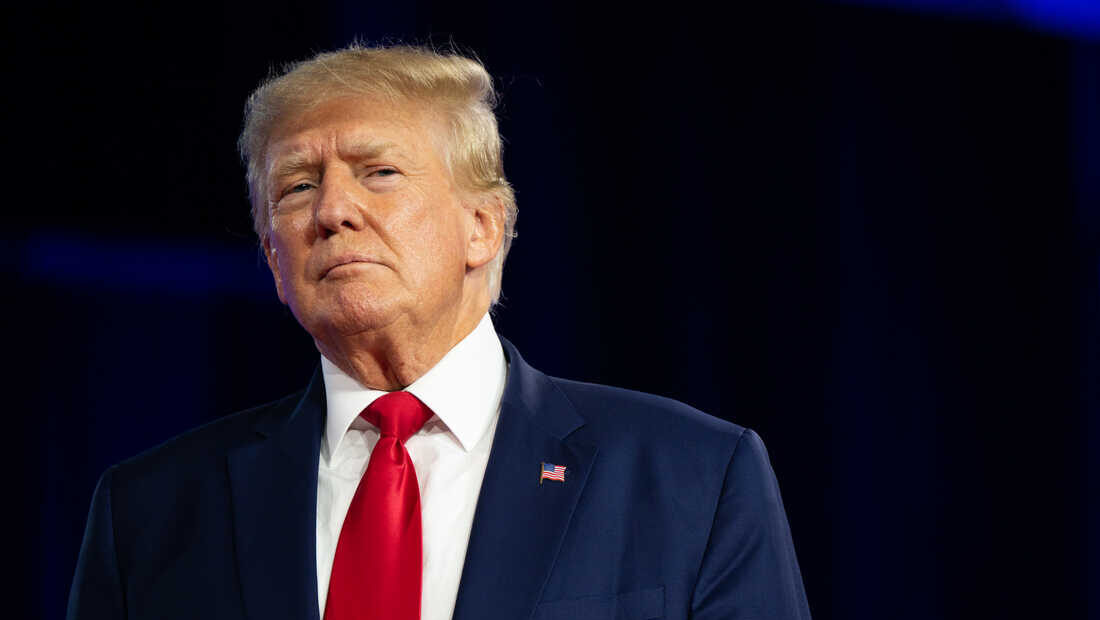United States – U.S. President Donald Trump is intensifying pressure on Republican lawmakers to secure the passage of his administration’s latest fiscal reform package—a comprehensive budget bill valued at approximately $4.9 trillion. The bill proposes significant tax cuts and healthcare restructuring that could reshape the strategic landscape for corporate decision-making across sectors.
On Tuesday, President Trump met directly with members of Congress at Capitol Hill to push for unity within his party ahead of an expected full House vote. The proposed legislation, which includes substantial state and local tax (SALT) adjustments and new Medicaid eligibility rules, is designed to deliver on Trump’s commitment to reduce what he terms “waste, fraud, and abuse” in federal spending.
Key business groups and corporate strategy leads are closely analyzing the provisions of the bill—particularly the expansion of the SALT deduction cap from $10,000 to $30,000 for joint filers. While intended to provide relief to middle-income earners in high-tax states, the proposed cap has triggered opposition from several Republican representatives concerned about its adequacy and economic fairness.
In addition to tax reform, the bill proposes to tighten Medicaid access through mandatory work or community engagement requirements, starting in 2029. These changes could influence workforce mobility, labor participation rates, and public-private healthcare collaborations, particularly in industries reliant on low- to middle-income labor pools.
Despite intra-party resistance, the legislation passed a narrow committee vote (17–16) and now advances to a full House vote. House Speaker Mike Johnson has set an ambitious target to pass the bill by Memorial Day, 26 May.
From a corporate governance and policy compliance perspective, the bill reflects a broader shift in fiscal strategy under the Trump administration—prioritizing streamlined government expenditures and incentivizing regional economic competitiveness.
Economic analysts are projecting that, if passed, the bill could recalibrate tax liabilities for mid-size enterprises, especially in sectors with operations in high-tax states. At the same time, uncertainty surrounding healthcare access could impact employer-sponsored benefits and hiring strategies over the medium term.
While the president’s direct engagement has solidified some internal support, several Republican lawmakers remain publicly opposed. Their hesitation underscores the tension between federal policy targets and local economic realities.
As the bill heads toward a crucial vote, business leaders and policy advisors across the U.S. and internationally are monitoring developments closely, knowing the legislative outcome will inform strategic planning for fiscal year 2026 and beyond.






